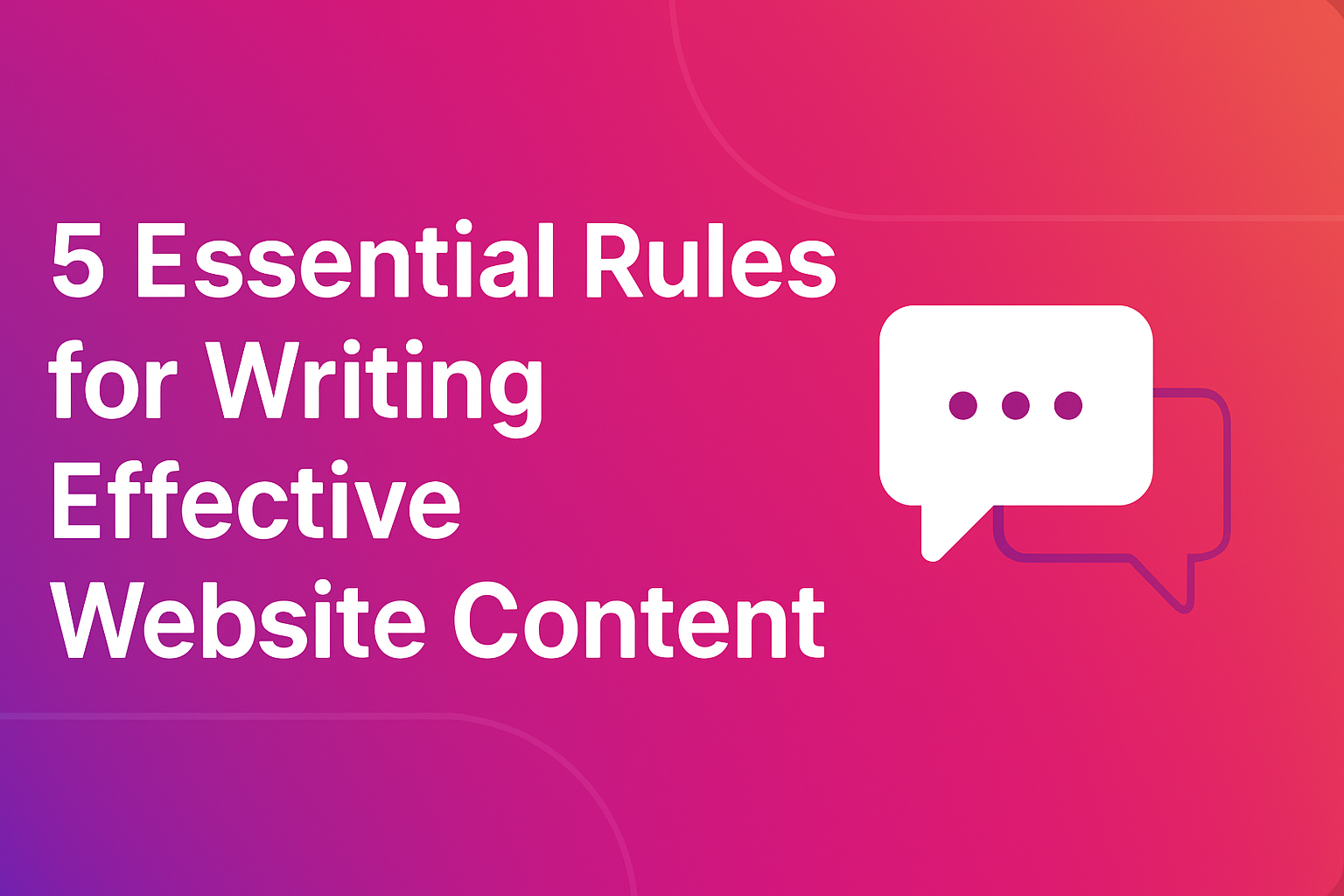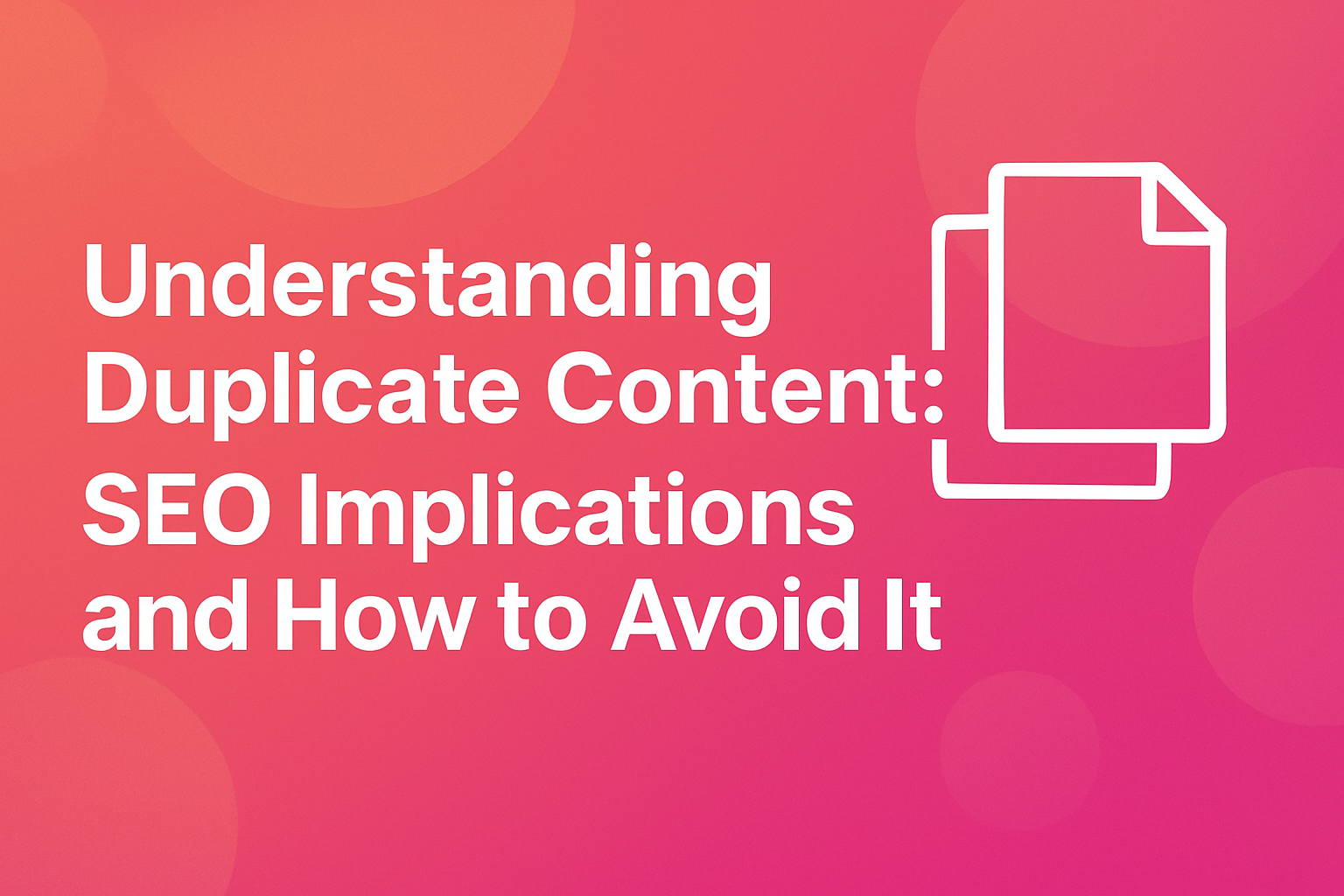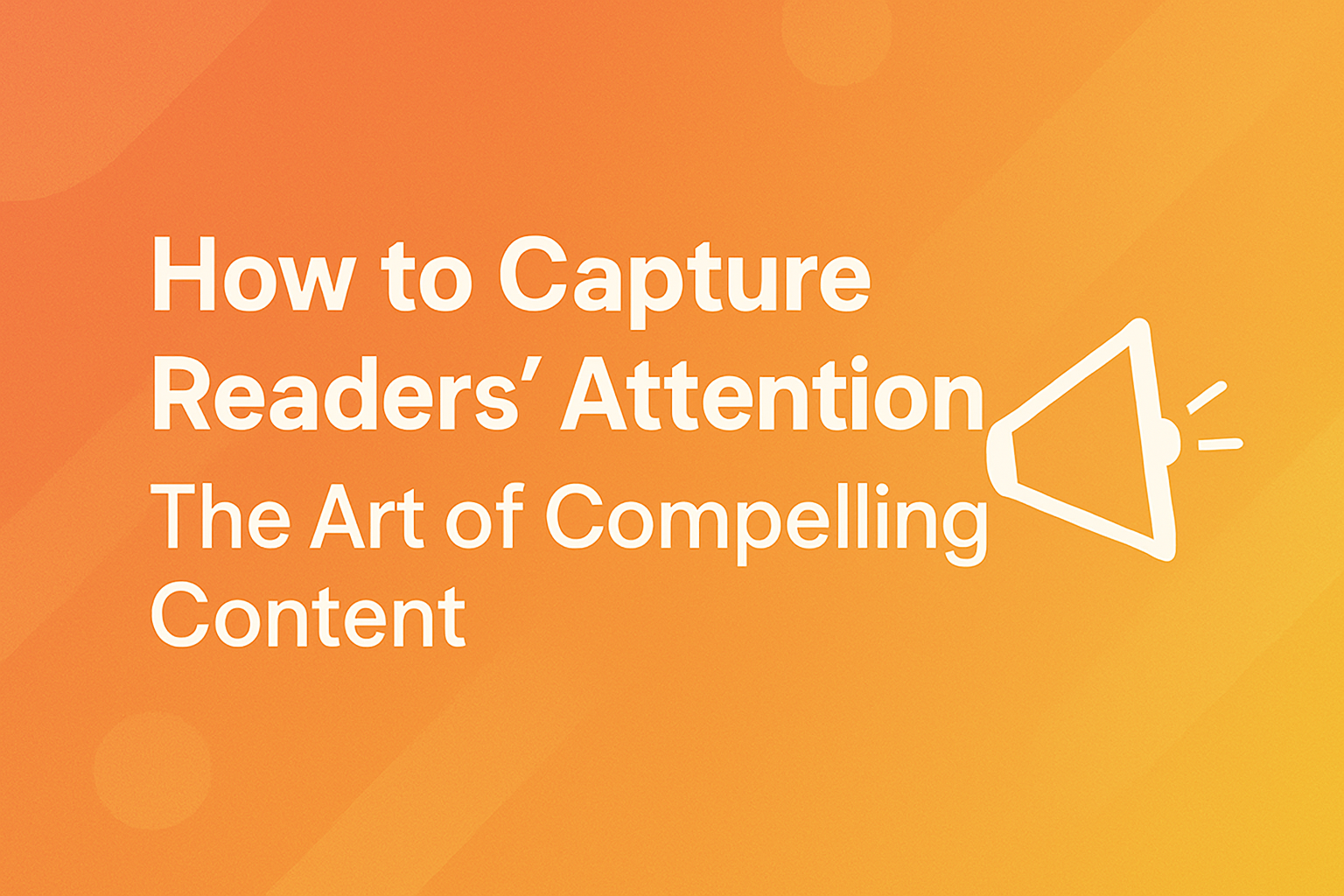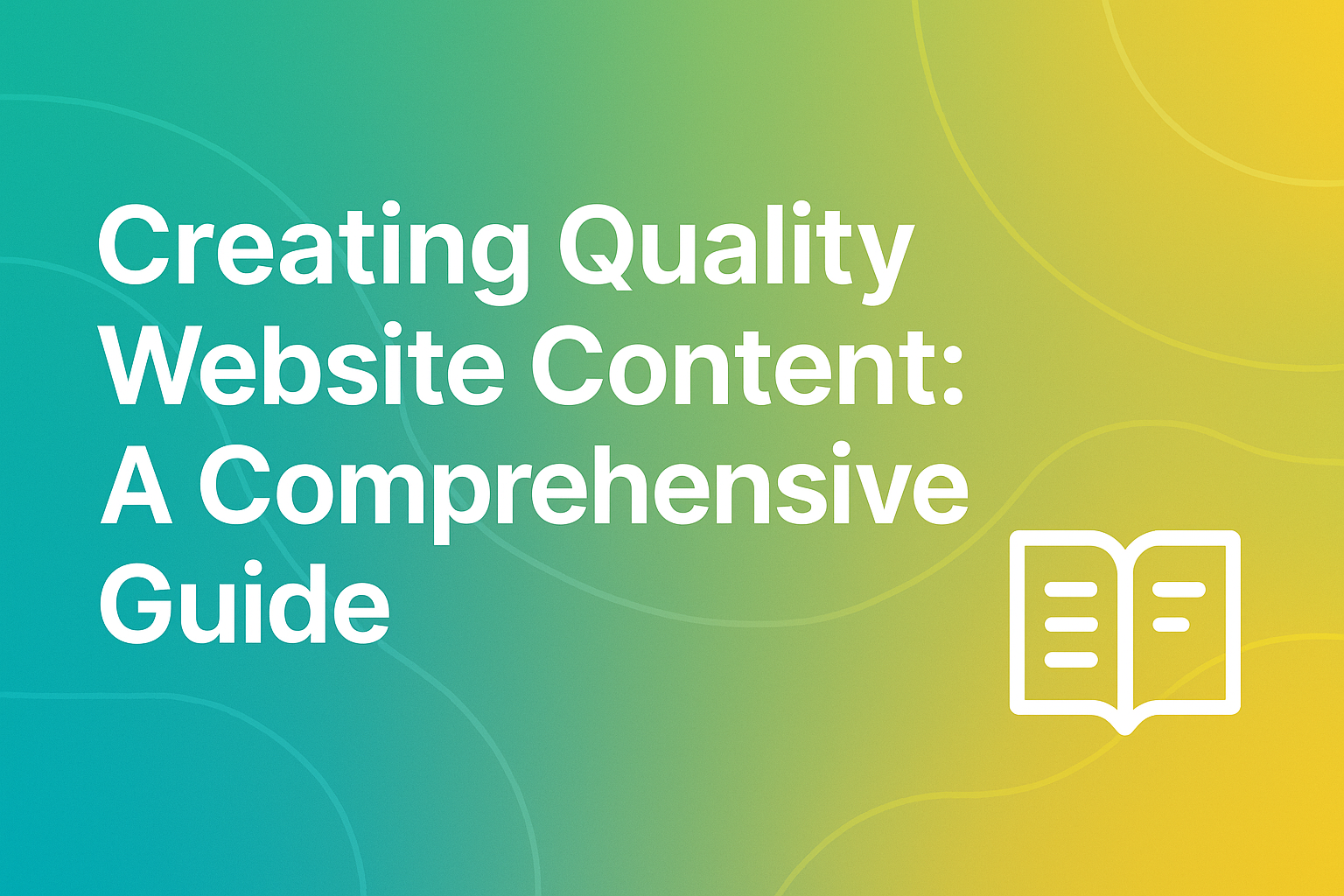
5 Essential Rules for Writing Effective Website Content
Discover the five fundamental rules that can transform your website content from ordinary to compelling, engaging, and conversion-focused.
Read articleCheck your papers for plagiarism with our advanced AI tools


Duplicate material is one of the most common yet misunderstood challenges in search engine optimization (SEO). Whether you're managing a small blog or a large e-commerce site, understanding what constitutes duplicate text and how to address it is crucial for maintaining your site's search visibility and user experience.
Duplicate material refers to substantial blocks of text that appear on multiple web pages, either within the same website or across different domains. From Google's perspective, duplicate information includes:
According to Google, duplicate material makes up approximately 25-30% of the web. While most duplicate text isn't created with malicious intent, it can still impact your site's performance in search results.
When search engines encounter duplicate information, they face several challenges:
Determining which version to index: Search engines must decide which version of the material is most relevant to include in their index.
Dividing link equity: When multiple pages contain the same text, external links may point to different versions, diluting the link equity that could be concentrated on a single URL.
Wasting crawl budget: Search engines allocate a limited "crawl budget" to each site. When crawlers spend time on duplicate pages, they may miss unique, valuable information elsewhere on your site.
While Google has stated that duplicate material doesn't directly result in penalties (except in cases of manipulative duplication), it can indirectly affect your site through:
Many duplicate information issues stem from technical configurations:
The same text may be accessible through different URLs:
https://example.com/pagehttps://www.example.com/pagehttp://example.com/pagehttps://example.com/page/https://example.com/page?id=123URLs with tracking parameters or session IDs can create duplicate information:
https://example.com/product?sessionid=123
https://example.com/product?sessionid=456
Creating separate printer-friendly versions of pages instead of using CSS to control print styling.
Many CMS platforms inadvertently create duplicate material:
Before you can fix duplicate material, you need to find it. Here are effective methods:
Several tools can help identify duplicate text:
Google Search Console: Look for "duplicate title tags" and "duplicate meta descriptions" in the HTML Improvements section.
Site Crawlers: Tools like Screaming Frog, Sitebulb, or DeepCrawl can identify duplicate information across your site.
Plagiarism Checkers: Tools like Plagly can help determine if your text appears elsewhere on the web.
For smaller sites, you can perform manual checks:
site: operator in Google along with a unique snippet from your text.The canonical tag is your primary tool for addressing duplicate information. This HTML element tells search engines which version of a page should be considered the "master" copy:
<link rel="canonical" href="https://example.com/original-page" />
Add this to the <head> section of duplicate pages to point to the preferred version.
When permanently consolidating duplicate material, implement 301 (permanent) redirects from duplicate URLs to the canonical version. This passes approximately 90-99% of link equity to the target page.
Ensure your internal links consistently point to your preferred URL versions.
Include only canonical URLs in your XML sitemap to guide search engines toward your preferred versions.
Configure your CMS to use consistent URL structures:
Use Google Search Console's URL Parameters tool to tell Google how to handle various URL parameters.
For information spread across multiple pages:
rel="next" and rel="prev" tagsThe best way to avoid duplicate information is to create original text:
If you syndicate material:
For multilingual sites:
E-commerce sites face particular duplicate material challenges:
Products with multiple options (size, color, etc.) can create duplicate information issues. Solutions include:
Category pages with multiple filter and sort options can generate thousands of similar pages:
Content publishers have their own concerns:
Author pages often contain snippets of the same information from various articles:
Topic pages aggregate information on similar subjects:
After implementing solutions, track your progress:
Duplicate material isn't a direct penalty factor, but it can severely impact your site's performance in search results. By understanding the technical, structural, and information-related sources of duplication and implementing appropriate solutions, you can ensure that search engines properly index and rank your most valuable resources.
Remember that managing duplicate text is an ongoing process, not a one-time fix. Regular audits and consistent application of best practices will help maintain your site's SEO health over the long term.
By implementing these strategies, you'll not only improve your search visibility but also create a better, more intuitive experience for your users—which is ultimately what search engines are trying to reward.

Discover the five fundamental rules that can transform your website content from ordinary to compelling, engaging, and conversion-focused.
Read article
Learn powerful techniques to grab and hold your audience's attention through strategic writing, formatting, and storytelling.
Read article
Learn the essential strategies for crafting engaging, valuable website content that attracts and retains visitors while boosting your SEO performance.
Read article